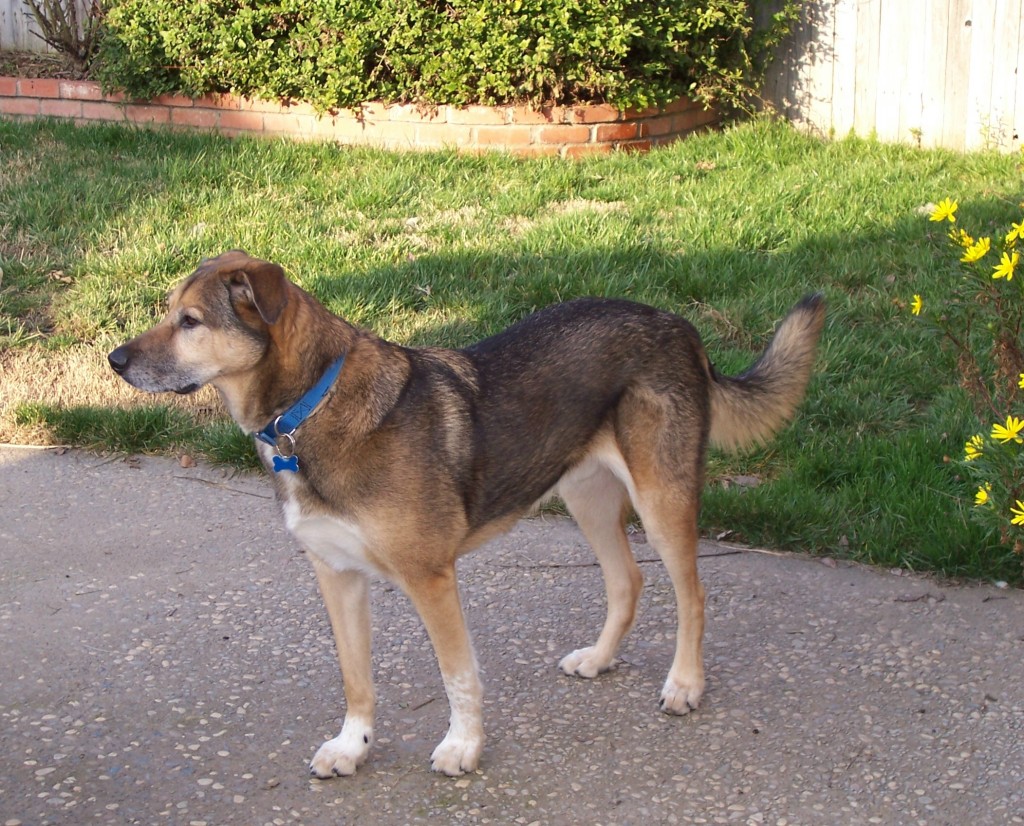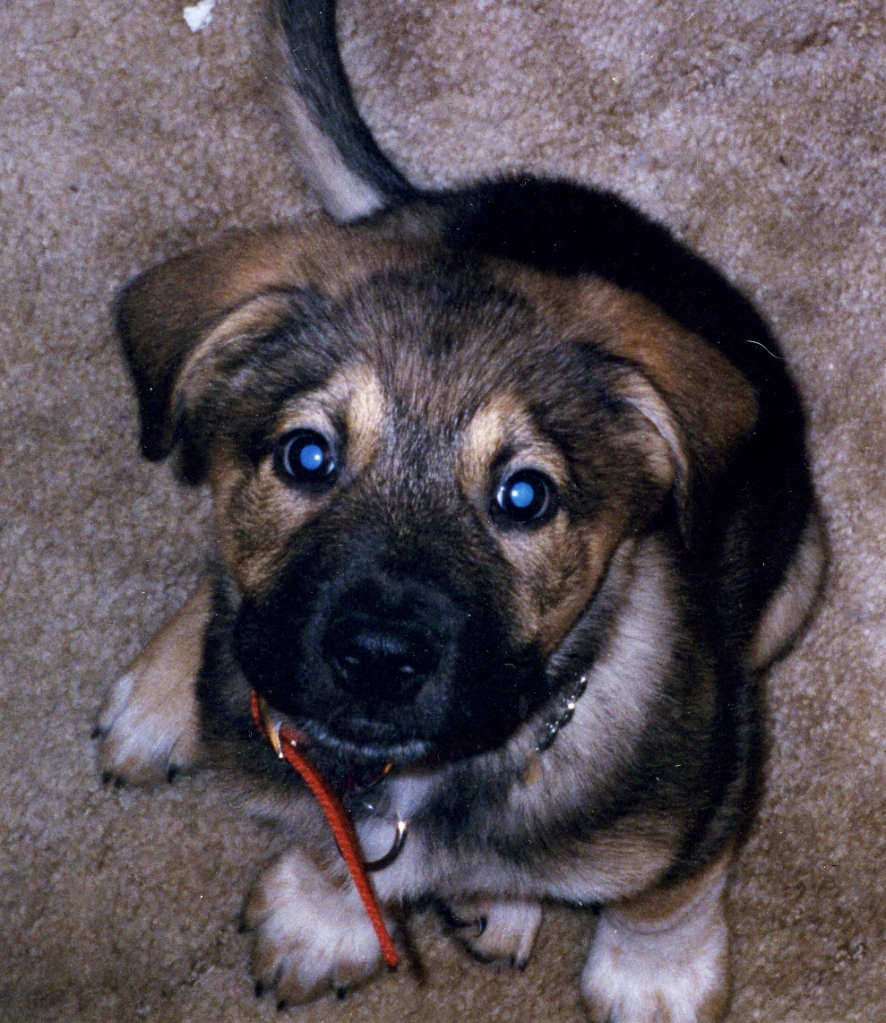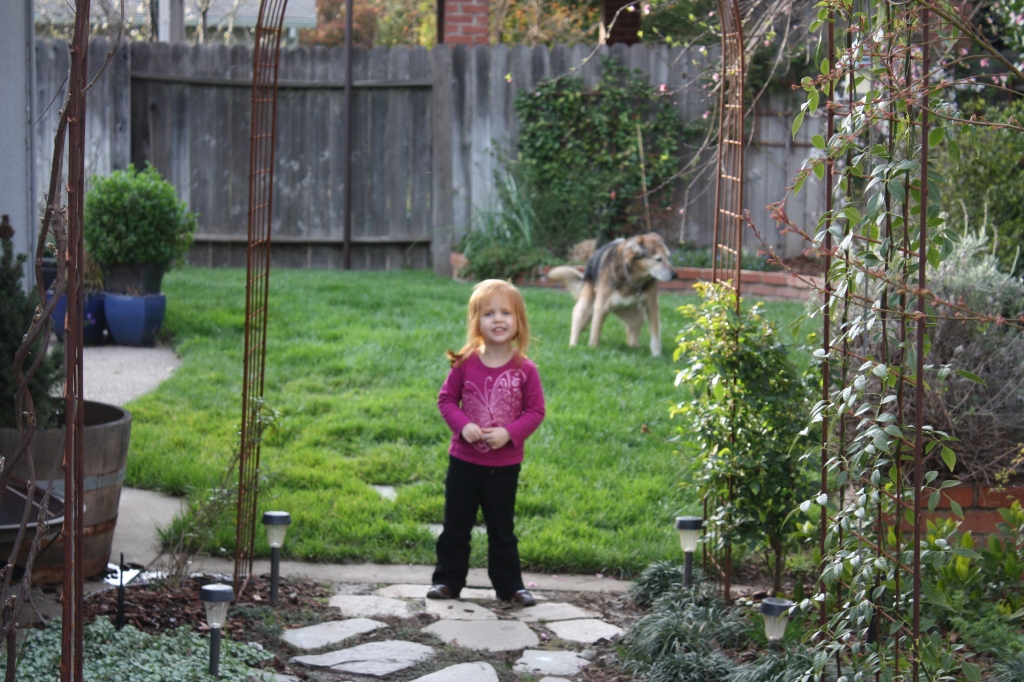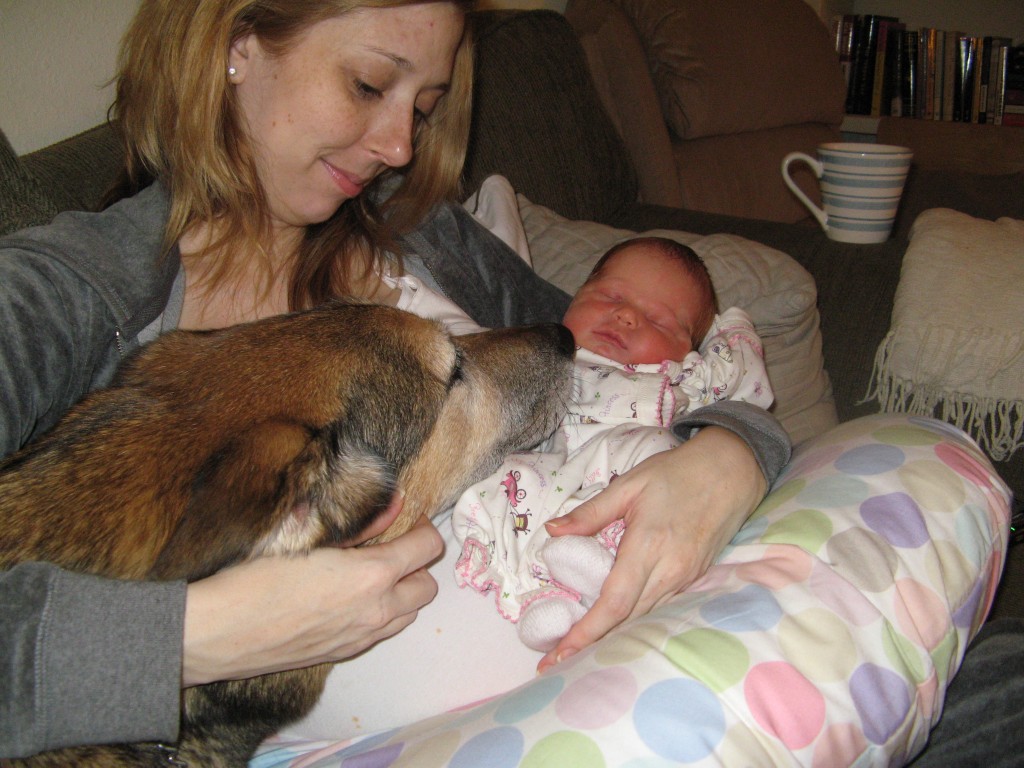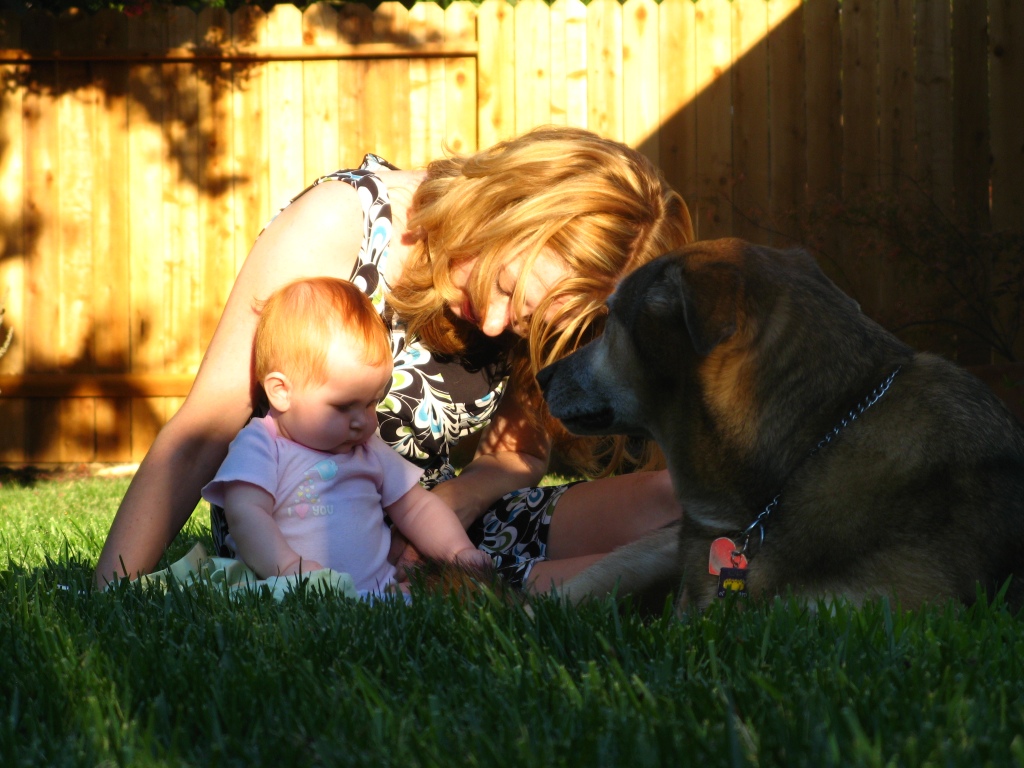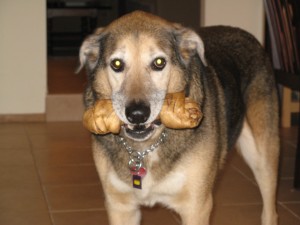 My dog, Zooey, is getting old. I keep saying that to people. “He’s getting old.”
My dog, Zooey, is getting old. I keep saying that to people. “He’s getting old.”When he was a younger dog and someone came to the front door he would jump up, run to the door, and bark like he was Lassie and Timmy was in a well. The other night the UPS guy delivered a package and although Zooey really wanted to bark at him, he couldn’t get his hind legs off the tile floor fast enough. His mind and spirit were willing but his body wasn’t. That’s when I realized that when I say “he’s getting old” it is a subtle way of avoiding the truth. The truth is: my dog is old.
I have always had dogs. When I was a kid we had, at different times, good dogs, well-trained dogs, yappy dogs, rough dogs, and sweet dogs. I loved them all in different ways and one or two of them meant the world to me. But they were family dogs. I had to share them with brothers and sisters and parents.
Zooey is my dog. Although I have shared him with my wife, he has always been my buddy and her protector.
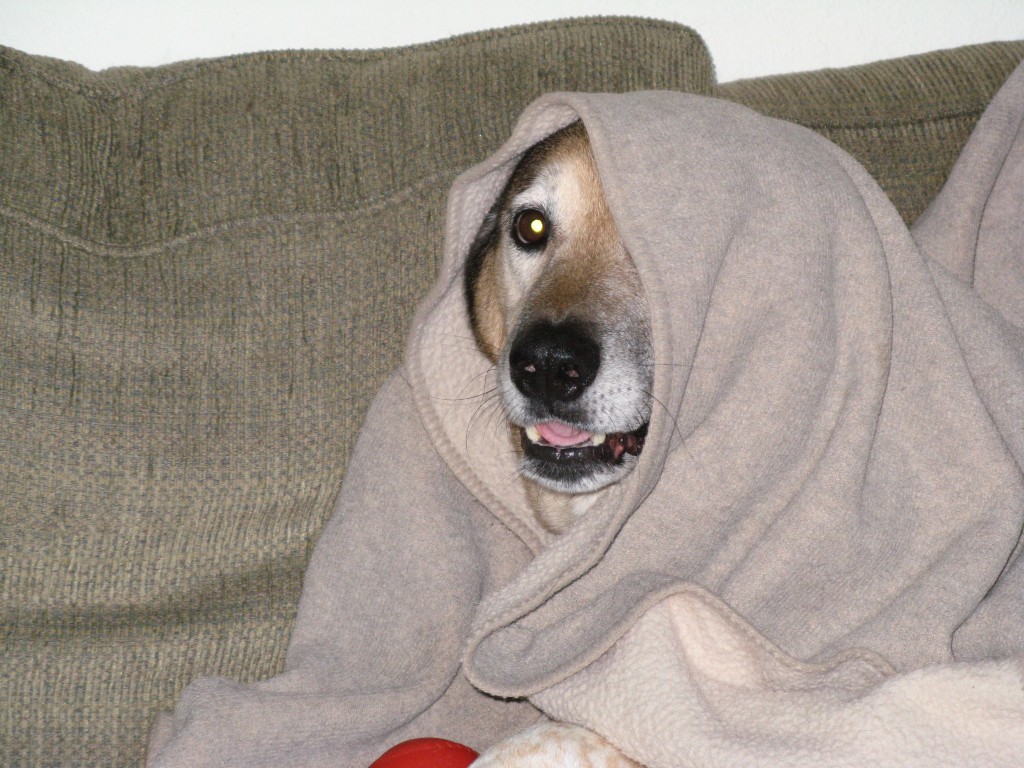
We got him at the pound when he was eight weeks old. At the time, our marriage was about two weeks old. He has almost literally been with us as long as there has been an “us”.
I am reminded of another dog I loved. Her name was Poco. She lived a long life spanning the length of my elementary school days and into my college years. When she died I wrote an essay called “Landmarks” for a class I was taking. I was inspired to write the essay because her death, and more importantly her life, had provided me with landmarks by which I found my way. These landmarks gave order to and created an understanding of the things that had shaped me. She was there at the bedside when my father was dying of cancer and she was with me when we I started to heal. She was the only one in the room with me when I watched the Red Sox lose the 1986 World Series. She ran by me when I rode my bike and hiked in the woods. She was the ever-present weight at the end of the bed. She stayed up with me when I came home to do laundry.
And now with Zooey I see the pattern repeated. He was with us in the beginning. He saw us struggle and he offered his ears to scratch when we needed something soft to touch. He gave us an excuse to go on walks so we could talk about our lives and figure out where we were going. He did funny things and disgusting things that made us laugh and gag.
He gave us something outside of ourselves to love and he loved us back. We often said that having him was good practice for having kids. Hopefully we learned from all the mistakes we made with him. He has been with us through some really good years; years that were made better because he was a part of them.
This is starting to feel like a eulogy to me and I don’t mean it to be. I need to save some words for when the end comes. But I recognize that I’m approaching a new landmark and I’m not sure how to get there or what to do when I’m there. When I was a boy, I didn’t have to be the one to make the decision. Mom called me in my Mac Hall dorm room to tell me that they had put Poco to sleep. The burden was hers. Now I am an adult and it’s going to have to be my decision. I’m going to have to be the one to say that it is time. It is “getting close to time”. It might already be time. I just don’t know if I’m ready or if I’ll ever be.

